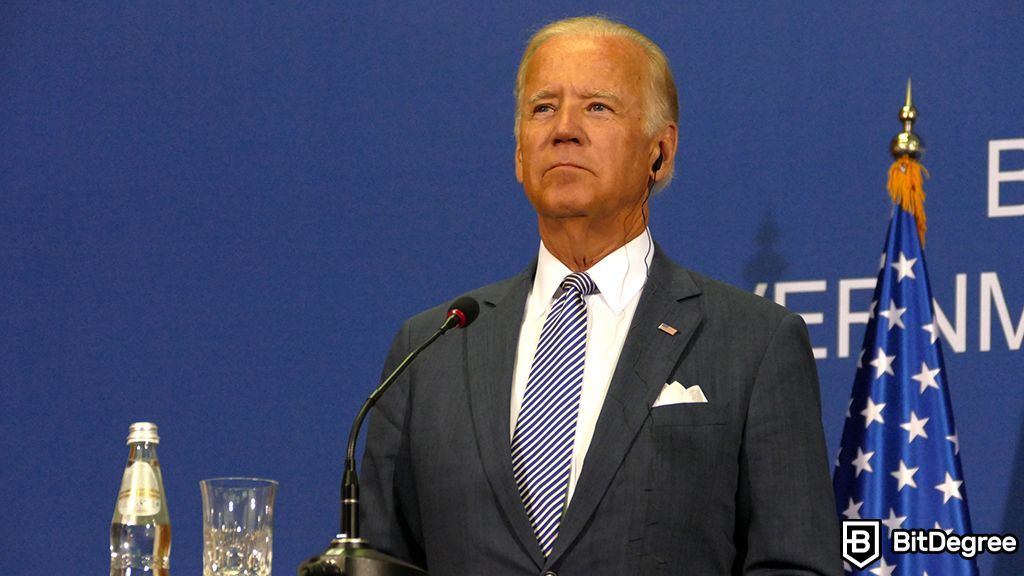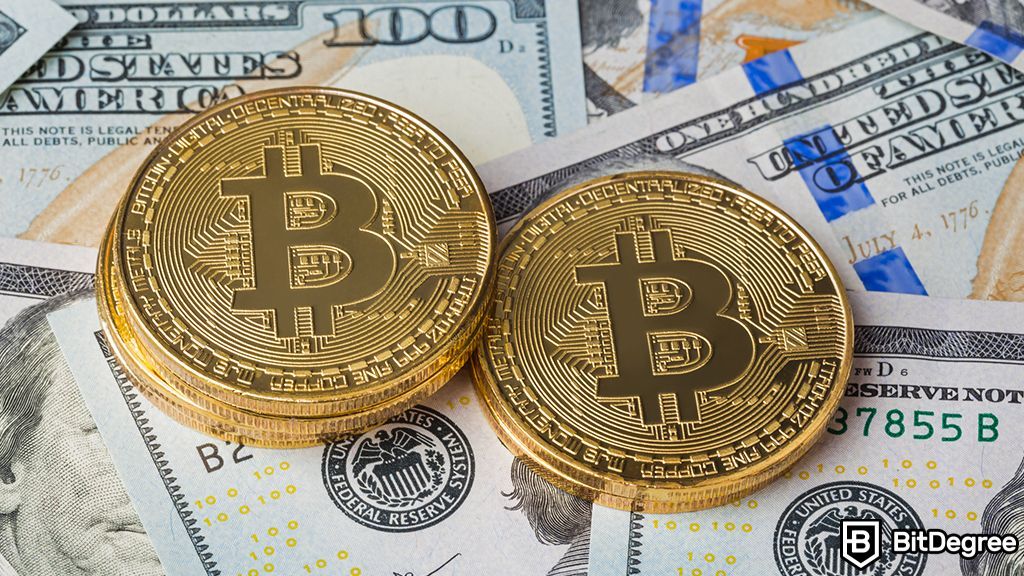Ripple CEO said it is unfortunate that the US is putting politics before policy.
Cryptocurrency exchange Ripple CEO Brad Garlinghouse revealed that the company has already spent $200 million defending itself in the ongoing lawsuit filed by the US Securities Exchange Commission (SEC).
During a recent fireside chat at the Dubai Fintech Summit, Garlinghouse expressed his concerns about the United States lagging behind other countries in terms of cryptocurrency regulation.

Did you know?
Want to get smarter & wealthier with crypto?
Subscribe - We publish new crypto explainer videos every week!
What Are Oracles in Crypto? (Beginner Friendly Animation)


The man highlighted the exceptional regulatory progress of the United Arab Emirates virtual asset authority and the European Union's recent Markets in Crypto-Assets (MiCA) bill.
In a message directed at SEC chair Gary Gensler, Garlinghouse lamented the US putting politics before policy, resulting in the country falling behind other countries and Ripple expanding to the UAE.
During the fireside chat, Garlinghouse emphasized that when fellow crypto entrepreneurs ask for his advice, he recommends them not start operating a business in the United States. According to Ripple's CEO, many US-based companies share similar sentiments.
Recently, the crypto exchange Coinbase was at the center of this idea as it received a Wells Notice from the SEC and launched a Coinbase International Exchange (CIE). However, the firm's CEO Brian Armstrong recently assured that the firm is "100% committed to the US."
Garlinghouse emphasizes the need for a clear regulatory framework for cryptocurrencies in the US, noting that the majority of those working in the industry are good actors seeking well-defined rules.
The SEC filed a lawsuit against Ripple in December 2020, claiming that it illegally sold XRP tokens as an unregistered security. Ripple disagrees with the claim, arguing that the token doesn't meet the criteria of an investment contract under the Howey test.
As the case has been ongoing for two and a half years, it's caused considerable turbulence in the US market. Garlinghouse anticipates a decision from the judge within the next three to six months.

























